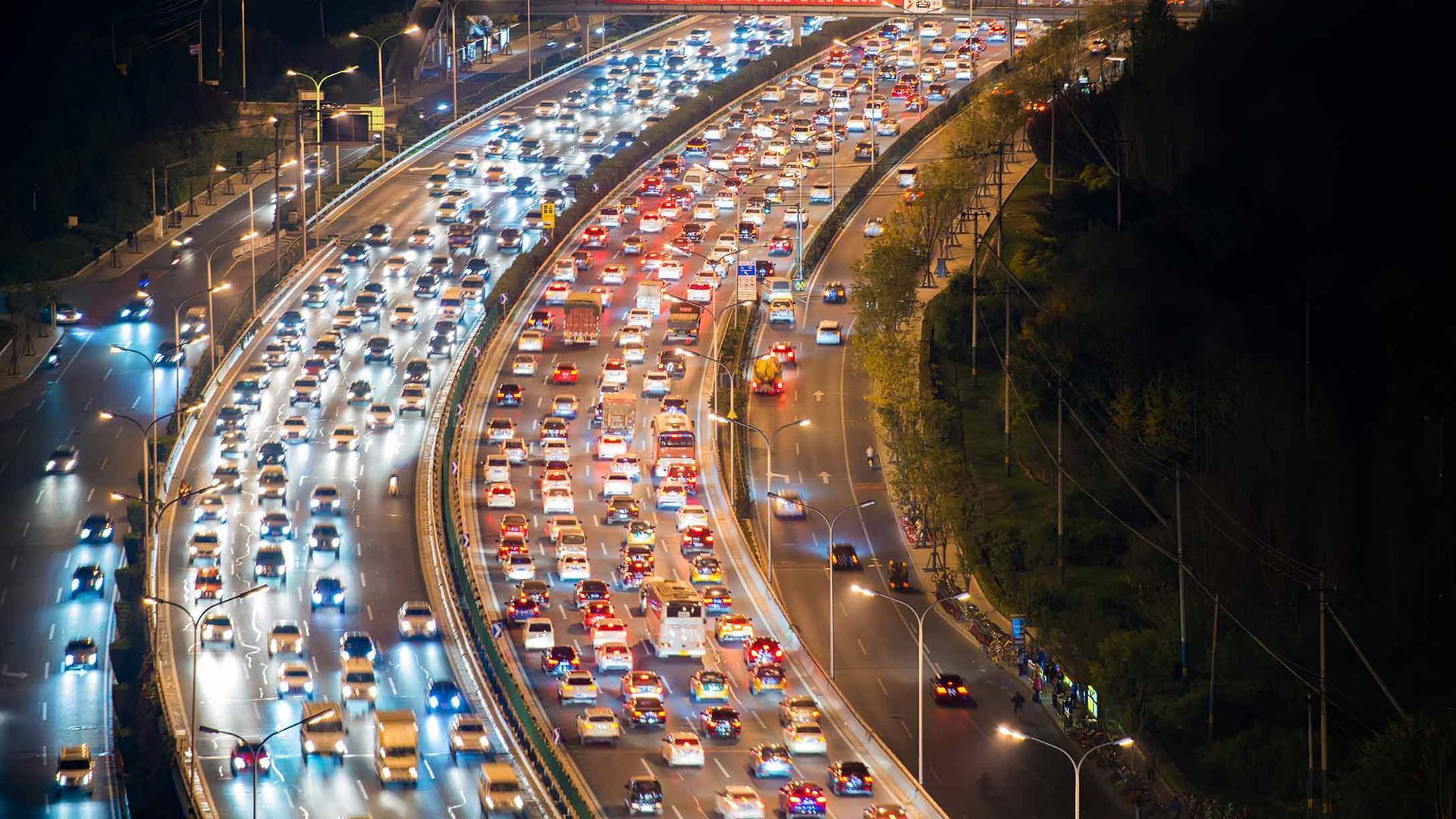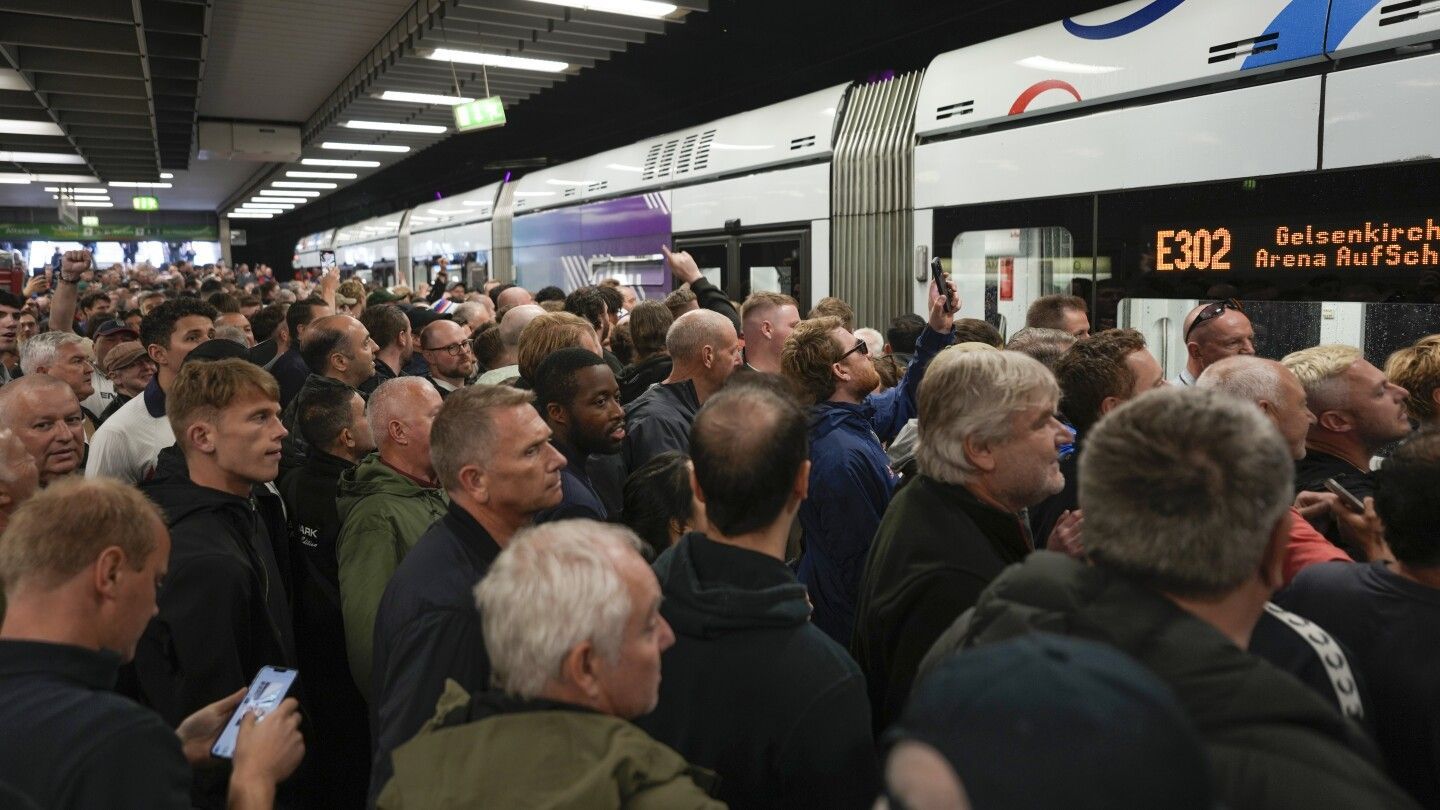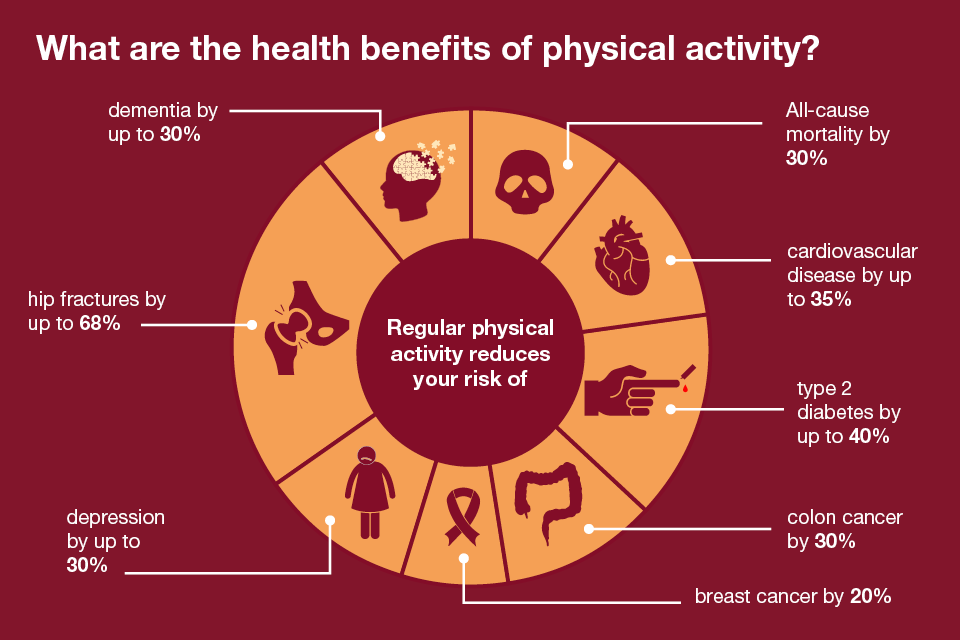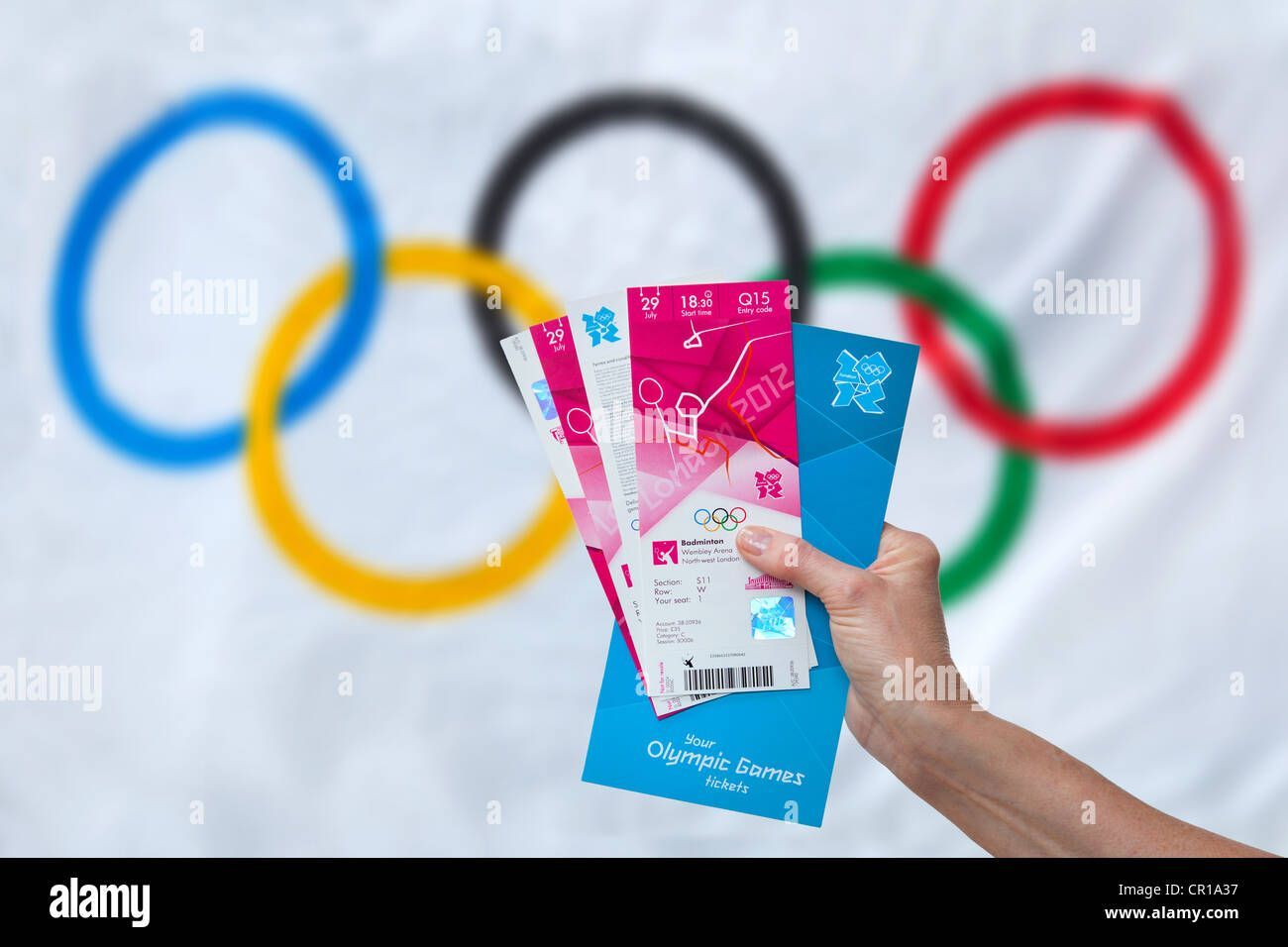Contemplating future mobility
Governments around the world are contemplating the future of ‘mobility’. There is much to consider and hopefully many of us will take the opportunity to be part of the discussion. Here are a few of our thoughts. We look forward to hearing what you think.

Governments around the world are contemplating the future of ‘mobility’. There is much to consider and hopefully many of us will take the opportunity to be part of the discussion. Here are a few of our thoughts. We look forward to hearing what you think.
Integrate, integrate, integrateWhether it’s ensuring sensible land use and transport planning decisions are made hand in hand or ensuring that transport systems for our cities, towns and rural areas are balanced across all modes. Too much of the debate at the moment is focused on single issues and solutions in search of problems. Urban transport plans have been a component of most geographies planning for decades, they consider all modes of travel and how they are integrated with one another the result is a range of travel options for individuals to choose from. Let’s do more of that and consider the role of new modes alongside other modes.
Shared responsibility
Creating an environment where there is shared social responsibility across private and public sectors will help ensure that mobility transformation achieves economic and social objectives in a balanced way. There is a risk in the rhetoric at the moment - be careful what you wish for by simply letting the market decide. An 'alliance-led' approach for our nations and regions where public authorities clearly state their ambitions as to the mobility operators will be key to arriving at a shared view of the future which is of maximum value to all.
Demand Management
It's here to stay. A system that organically knows where and when it is busy and realigns itself in such a way that the demand can be spread more efficiently will be vital to our future. Where it’s not possible for the transport system itself to organically change (traffic signals that change phasing based on demand being a basic example or surge pricing of transport during busy periods being another) then influencing individual travel behaviours through other means will be key (simple but effective digital marketing travel awareness programmes being a basic example). Sadly we don’t always know what’s good for us and need a little help from time to time being reminded about the consequences of our actions.
Mobility fashionability
Avoid it! There is a clear trend emerging for some cities to want to be seen to have the latest mobility technology. This gives rise to a boom and bust era where the host city fails to truly understand the strengths and weaknesses of the solution and invariably it fails before it has a chance of success. Or the negative consequences outweigh the positive consequences. Thoughtful planning by decision makers is required that considers the circumstances in which a particular solution can be successful. It has taken time for some of the negative consequences of on-demand taxis to become clear and City authorities have retrospectively had to take action - getting on the front foot earlier may have helped the on-demand phenomenon realise broader positive impacts sooner.
Urban design will be key
Most commentators now appreciate that in an on-demand world we can do without central area car parking. Some also argue that autonomous vehicles could result in us having more shared spaces or at least narrower carriageways. There are many aspects of where mobility and urban design need thinking through in an integrated way. For now at least let’s ensure that new urban design is future proofed in such a way that it’s possible to relatively easily adapt to mobility technology advancement.
Mobility as a Service tests of readiness
To maximise its potential success Mobility as a Service should be facilitated in such a way that it satisfies a few tests. It should be seen as fully integrated, the social and economic consequences of its application should be understood, the operating principles and ownership of the platform should be socially and commercially defined with the interests of one and all at their core. As an example, a platform that prompts the user to think twice before taking motorised transport for a very short journey (unless they have restricted mobility) when bike hire or walking may be a 'better' option or indeed puts a price premium on shorter motorised journeys over healthier and possibly comparably quick alternatives would be interesting.
Leadership and vision all the way
"The best way to predict the future is to create it". There is much speculation currently about where the transformation in mobility is taking us. The truth is that with the right collective minds looking at tangible challenges in our cities, towns and rural areas and the opportunities presented by the technology, changing social tides and the like that we can determine what and how we want our places to function and then set about putting in place the building blocks to ensure that ‘vision’ becomes reality. It is so encouraging to see many City authorities taking the lead but more need to act in helping define the future and not wait for it to happen to them.
And finally, most importantly, don't forget the people!
A simple statement but we must avoid getting lost in the glitz and glamour of new technology and the advancement of new mobility solutions. Ultimately travel and transport are a means to an end. We move ourselves or we move goods and services because their is a demand for us to do or provide something. We should perhaps start thinking more about why it is that we require access to each other and goods/services and design our places and spaces more so that we reduce the need for travel over longer distances. The result being that we will see a reduction in the reliance on motorised transport (autonomous, electric or otherwise). Relentlessly catering for demand in an unmanaged way will not end well.
If you wish to share your views on the future of mobility or just wish to discuss some of the points raised here then please contact Jon at In the Round Ltd (jon@intheround.global).
















